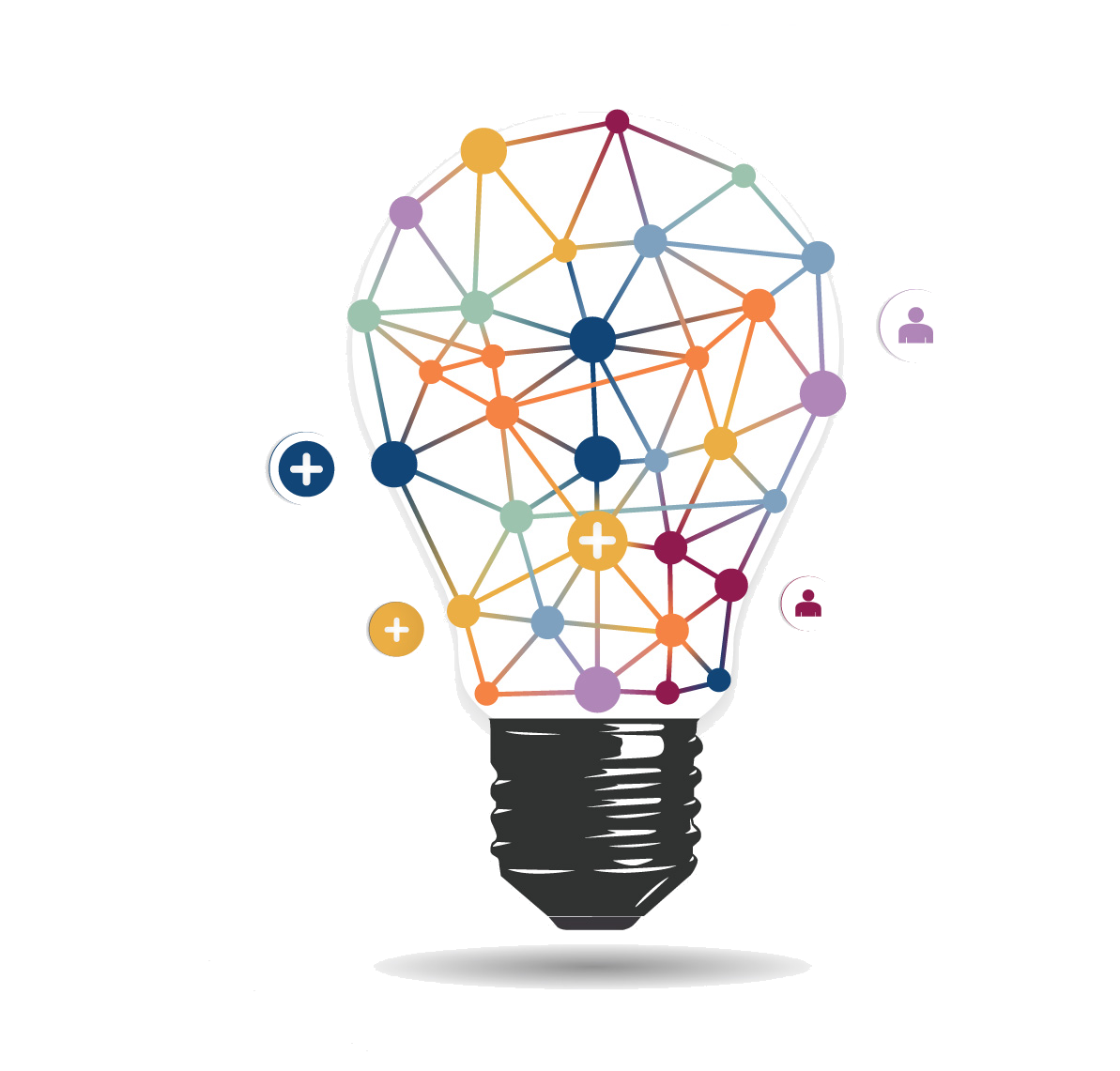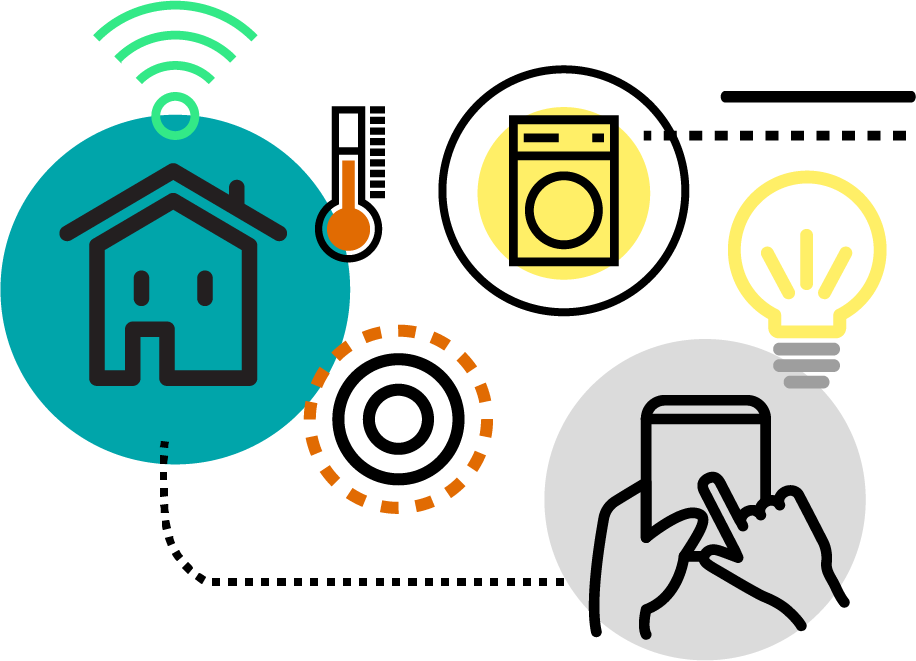In the evolving landscape of education, the ownership and control of data have emerged as critical elements influencing the scope and effectiveness of educational research. As institutions and educators seek to harness the wealth of data generated through digital learning tools and student interactions, questions of privacy, ethics, and accessibility are increasingly coming to the forefront. This blog post explores how data ownership impacts educational research, addressing the potential challenges and opportunities it creates.

The Significance of Data Ownership in Educational Research
Data ownership refers to the legal rights and control over data, including how it is collected, used, and shared. In the context of educational research, who owns the data can significantly affect what information is available for study, how it’s analyzed, and who benefits from the insights gained. Educational research topics often involve sensitive student data on performance, learning behaviors, and personal characteristics, making the question of ownership not just legalistic but deeply ethical.
Understanding the impact of data ownership starts with recognizing the varied types of educational research—ranging from experimental studies, case studies, longitudinal tracking, to ethnographic observations. Each type employs different kinds of data and, consequently, may face distinct ownership issues. For instance, data gathered in longitudinal studies, which track changes over time, is particularly sensitive to ownership issues because it involves maintaining privacy and consent over extended periods.
Furthermore, the review of educational research highlights an increasing reliance on large data sets. These datasets, often drawn from multiple sources, require clear ownership to ensure that the data can be legally and ethically used. The issues of data control also touch upon the best research paper topics, which often explore novel educational methods or technologies. How researchers navigate data ownership can directly influence the depth and breadth of their studies.
Challenges Posed by Data Ownership
One of the primary challenges in educational research related to data ownership is access. Researchers often depend on data controlled by schools, software providers, or governmental agencies. Each entity may have its own policies regarding who can access data and for what purposes. These restrictions can limit researchers’ ability to obtain comprehensive data, thereby affecting the scope of research projects and potentially biasing findings.

Data Privacy and Ethical Concerns
Data privacy is another significant challenge in the realm of data ownership. When educational institutions and researchers handle sensitive data, they must navigate a complex web of ethical and legal standards, such as FERPA in the United States, which governs the access and dissemination of student educational records. According to ubiquitouscommons.org, researchers must ensure that data usage complies with these regulations to protect individual privacy and maintain public trust. Ethical considerations also dictate the need for transparency in how data is collected, used, and shared, reinforcing the necessity for clear data ownership.
The issue of consent further complicates data ownership in educational research. Researchers must obtain consent from participants, often including minors, whose legal guardians must consent on their behalf. This process must clearly outline how the data will be used and any potential risks involved, which can be daunting given the long-term nature and potentially broad scope of some educational research projects.

Opportunities Through Structured Data Ownership
The rise of open source data analytics tools has been a boon for educational researchers. These tools enable the processing and analysis of large datasets without the need for expensive software licenses. From statistical analysis to predictive modeling, open source tools provide researchers with the means to sift through data, identify patterns, and draw conclusions that can inform educational practices and policies. For students grappling with data-driven projects, these tools are particularly invaluable, offering a cost-effective solution that aligns with the budget constraints often faced in academia.
Despite these challenges, structured and clear data ownership also presents numerous opportunities for enhancing educational research. With well-defined data ownership, researchers can secure access to high-quality, comprehensive datasets that enable more robust analyses and more reliable conclusions. This access can lead to advancements in understanding educational processes and outcomes, potentially influencing educational policy and practice at large scales.
Additionally, clear data ownership can facilitate better collaboration among educational researchers. By establishing who owns the data and under what conditions it can be shared, researchers can more easily engage in multi-institutional studies, leveraging diverse datasets to address complex research questions. This collaborative environment can lead to richer, more varied educational research topics and more comprehensive reviews of educational research.
Harnessing Data Ownership for Innovative Research
Ownership clarity also promotes innovation in educational research by enabling the use of advanced analytical techniques, such as machine learning and predictive analytics. These methods require large, well-curated datasets that are often only possible through structured agreements on data custody and use. Researchers can use these tools to uncover patterns and insights that were previously inaccessible, driving forward the types of educational research that can be conducted.
Moreover, when data ownership is handled responsibly, it builds trust between researchers, participants, and the public. This trust is crucial for the long-term sustainability of research initiatives, especially those that require sensitive data or prolonged engagement with participants.

Conclusion
The issue of data ownership in educational research is pivotal and multifaceted, reflecting a dynamic intersection of law, ethics, and practice. As we navigate this digital era, the control and ownership of educational data play a critical role in shaping the scope, effectiveness, and integrity of research within the field. While challenges such as data access, privacy concerns, and ethical complexities persist, they are counterbalanced by significant opportunities for advancement.
Clear and structured data ownership not only enables more robust and comprehensive research but also fosters collaborative and innovative approaches to studying educational phenomena. By responsibly managing data ownership, the educational research community can ensure that its pursuits are not only scientifically sound but also ethically grounded, thereby maintaining the trust and participation of the public and enhancing the impact of their findings on educational policy and practice. This balanced approach will be crucial as we continue to explore and understand the evolving landscape of education in the digital age.
